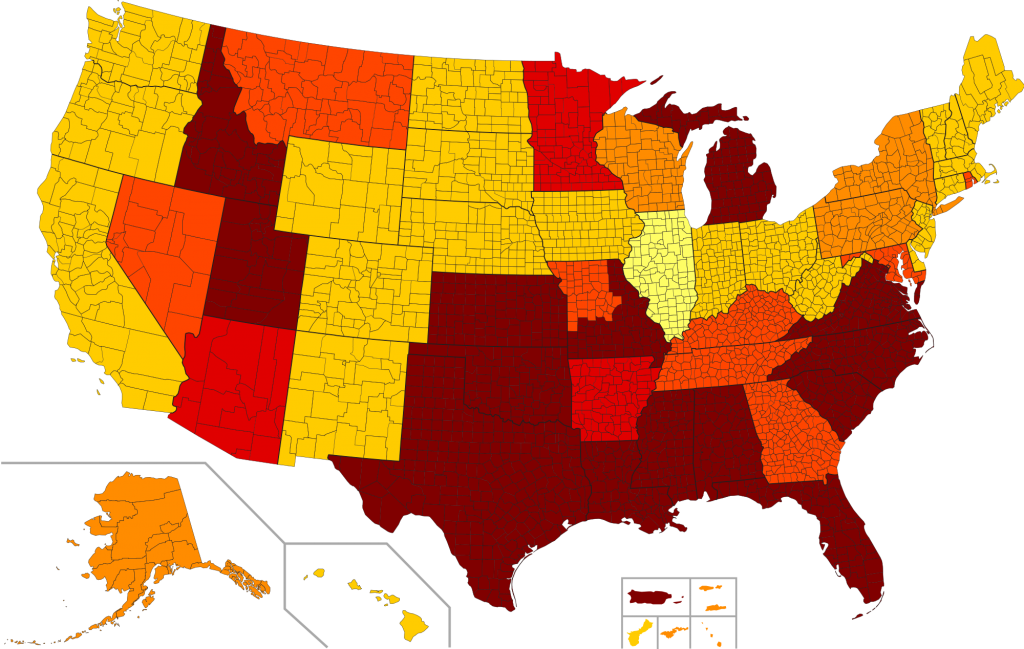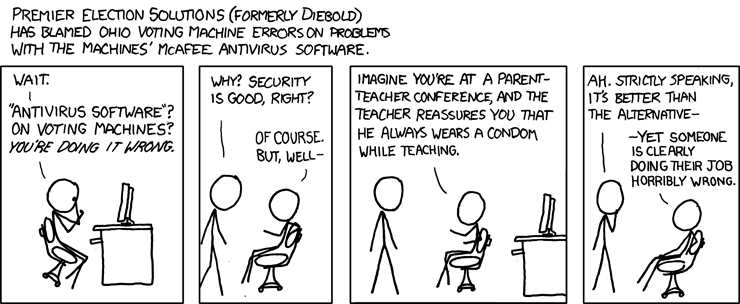I don’t normally write content warnings, though perhaps I should.1 Consider this the warning: Sexual controversy ahead. Here be dragons – these are politically uncharted waters, this is going way outside the Overton Window. If you are not up to processing this, turn back for now!
Imagine, if you will, a Nazi of some humanity. (Bear with me.)
She believes that there is a problem with the Jews in Europe. But she (quietly) disagrees with the methods that Hitler is employing. Instead of extermination, she favours deporting the Jews to a new homeland. Or perhaps she may even think there is a way to keep the Jews in Europe without endangering Germans – after seizing their accounts and assets, they could be allowed to live under strict controls and surveillance, especially certain individual Jews that don’t act on the Jewish imperative to corrupt Germany – for example, the ones who didn’t condone the boycott of German goods.
She disagrees with the laws against providing basic aid to Jews because it tries to force everyone to expose all Jews to extermination. She also notes that this and other elements of the crackdown make Jews more desperate and may cause retaliation or rebellion.
While this Nazi is much kinder than a Final Solution Nazi, you might think that her moral understanding leaves a little bit to be desired. She’s still labouring under the impression that there’s something wrong with being Jewish2, and so everything she proposes while holding this belief is suspect. But hopefully she’ll change.
Home movie from Vienna, occupied Austria, likely just after Kristallnacht in 1938. (Wikipedia)
Now imagine a psychologist of the 1960s of some humanity.
He believes that there is a problem with homosexuals. But he (quietly) disagrees with the methods that the state is employing. Instead of imprisonment, perhaps homosexuals can be treated. Ammonia-aversion therapy seems promising. And thanks to advances in diagnostic imaging, we might someday be able to identify homosexuals before they act on their urges. We could also employ chastity devices and even chemical castration. Homosexuality is a terrible affliction, yes, but we should show some humanity and treat the homosexuals, not imprison them, especially not the ones that refrain from committing the crime of sodomy.
This psychologist is arguably kinder than many of the politicians of the time, but again his moral understanding leaves a little bit to be desired. He’s still labouring under the impression that there’s something wrong with being homosexual, and so everything he proposes while holding this belief is suspect. But hopefully he’ll change.

US sodomy laws by the year they were repealed or struck down, from before 1970 (lightest yellow) to 2003 (darkest brown) (Wikipedia)
This is about where I’m at with the following Cracked article. Not that they think there’s a problem with being Jewish or homosexual. But there’s this third thing.
Scott Anderson, Slate Star Codex – “The Wonderful Thing About Triggers”
A very long time ago, I did ‘rate’ articles, but I think I was kind of cargo-culting the norms of TV and film. I also rated my site with RSACi, which doesn’t seem to even exist anymore. ↩
Let’s leave aside infant circumcision for now. ↩

